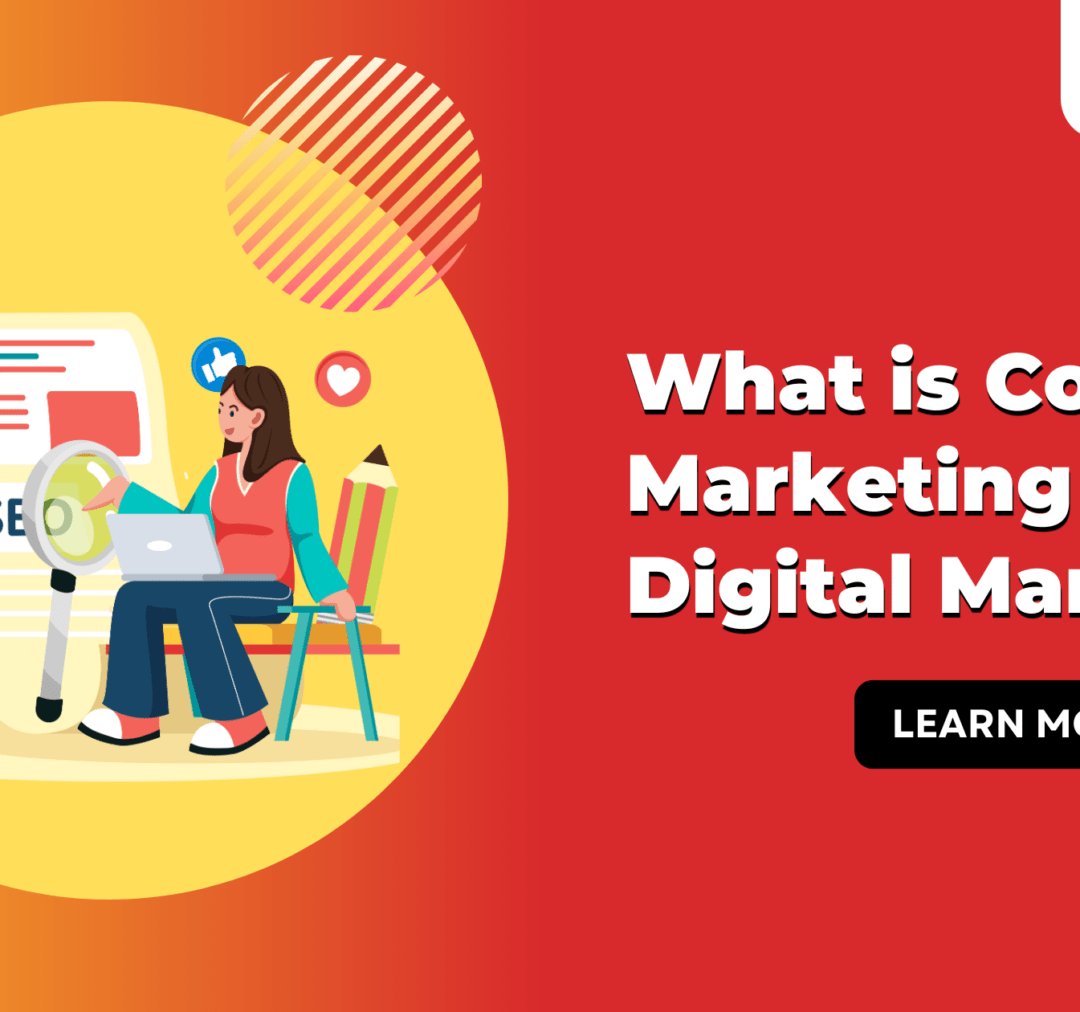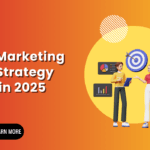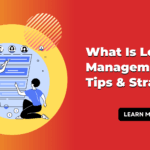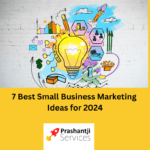Businesses are always seeking new strategies to outperform their competitors and stay ahead in the market. One approach that has proven time and again to be highly effective is content marketing within the broader scope of digital marketing. But what is it that makes this strategy so vital?
Content marketing is all about delivering valuable, relevant, and consistent content to attract and retain an audience. Instead of focusing solely on promoting products or services, it seeks to offer something useful and engaging. This approach is essential for the success of both digital marketing and content marketing, helping businesses build stronger, more meaningful connections with their audience.
Defining Content Marketing
The concept of content marketing involves creating and sharing content that resonates with a specific audience. It aims to educate, inform, or entertain, rather than simply sell. This shift from a purely transactional approach to one focused on building trust is what sets content marketing apart.
For instance, when a business publishes a blog post or shares an infographic, the intention is to provide something of value to the reader, leading to brand loyalty and eventually driving conversions. It’s an essential part of any digital marketing strategy because, without quality content, other marketing efforts lose their impact.
The Importance of Content in Digital Marketing

Many wonder about the exact relationship between digital marketing and content marketing. While digital marketing includes everything from SEO and social media to email marketing and paid ads, content acts as the foundation that supports these tactics. It’s the substance that search engines rank, social media users share, and potential customers engage with.
The phrase content is king exists for some reason. No matter how well-crafted a digital marketing campaign is, it won’t thrive without high-quality content.Creating useful, engaging, and SEO-optimized content is not only essential for attracting organic traffic but also for building credibility within your industry.
Types of Content Marketing
Content marketing isn’t limited to blog posts or articles. There are several content marketing types businesses can use to reach their target audience effectively:
- Blog Posts: These are a great way to drive organic traffic. Regularly producing content that speaks to your audience’s needs and challenges can draw more visitors to your website.
- Videos: With platforms like YouTube and social media channels emphasizing video content, it’s become an indispensable tool for engaging with users.
- Infographics: These visual representations of data or information can simplify complex concepts and make them more digestible for your audience.
- Podcasts: Audio content is on the rise, allowing businesses to engage listeners on the go.
- Social Media Posts: Quick, engaging snippets of content that capture your audience’s attention and drive interaction.
Benefits of Content Marketing
The benefit of content marketing goes far beyond just attracting visitors. It offers long-term value by building a relationship with your audience. Let’s take a closer look at some of the key benefits of content marketing :
1. Enhanced SEO Performance
Consistently publishing optimized content enhances your website’s visibility on search engines. This boosts rankings, making it easier for potential customers to discover your business and increasing organic traffic over time.
2. Improved Audience Engagement
Compelling content encourages audience interaction through likes, shares, and comments, helping to develop a deeper bond between your brand and its followers. This helps build a community and keeps users engaged with your business.
3. Higher Conversion Rates
When users perceive your content as valuable, they develop trust in your brand. This trust translates into higher conversion rates as they are more likely to make purchases or engage with your services.
4. Building Brand Authority
By consistently delivering insightful content, your brand becomes recognized as a thought leader in its industry. Establishing authority enhances credibility and trust, giving your business a distinctive edge over competitors.
5. Cost-Effective
Content marketing provides long-term value, as each piece of content can attract visitors repeatedly. Unlike traditional advertising, it delivers continuous results without recurring expenses, making it a cost-effective strategy for sustained growth.
Real-World Examples of Content Marketing
Here are a few example content marketing strategies from successful companies:
- HubSpot:
- Regularly creates top-tier blogs, eBooks, and webinars.
- Their content acts as an educational resource for their audience.
- It effectively nurtures leads, showcasing the power of content marketing to drive real business results.
- Nike:
- Focuses on creating inspirational video content.
- Rather than just promoting products, they tell stories that resonate with their audience.
- This storytelling approach fosters a deeper emotional connection with their brand, making their content highly effective.
What is Content on a Website?
One of the most frequent questions businesses ask is, what is content on a website? In the simplest terms, content refers to anything that provides information, value, or entertainment to users. It could be text, images, videos, or even interactive elements like quizzes.
The key is to ensure that every piece of content on a website serves a specific purpose—whether it’s to educate, inform, or convert. When done correctly, it not only enhances the user experience but also plays a significant role in improving search engine rankings.
How to Build a Successful Content Strategy

Content marketing is all about delivering real value. It’s not just about increasing traffic but building trust, creating lasting relationships, and positioning your brand as a reliable source. A strong content strategy that focuses on delivering quality content helps businesses stand out.
At Prashantji Services, our content marketing Agency approach centers around engaging your audience with valuable, meaningful content that resonates. Whether it’s blogs, videos, or social media posts, we ensure your content is clear, consistent, and connects with your audience. By integrating content into your overall digital marketing efforts, we help your business create deeper connections and achieve long-term success in today’s competitive landscape.








